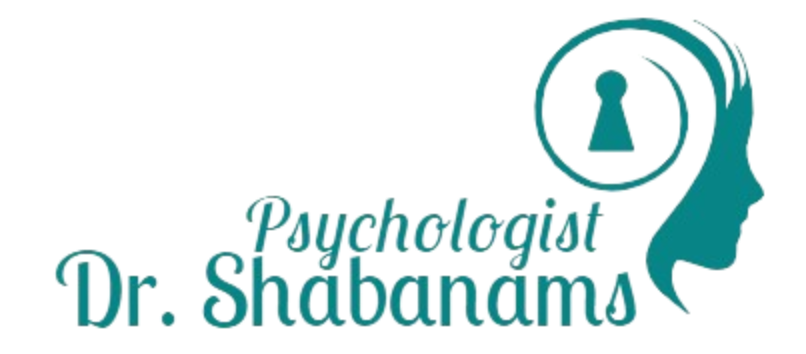Behavioral problems refer to patterns of behavior that are disruptive, challenging, or harmful, impacting an individual’s daily functioning and relationships. These problems can manifest in various forms and may occur across different age groups, from children to adults.
Common Types of Behavioral Problems:
Oppositional Defiant Disorder (ODD)
Characterized by defiant, argumentative, and often hostile behavior towards authority figures.
Attention-Deficit/Hyperactivity Disorder (ADHD)
Includes symptoms of impulsivity, hyperactivity, and difficulty sustaining attention, which can lead to disruptive behaviors.
Conduct Disorder
Involves persistent patterns of aggressive or antisocial behavior, such as bullying, fighting, lying, or vandalism.
Disruptive Behavior Disorders
These may include behaviors such as temper tantrums, defiance, non-compliance, and difficulty following rules or instructions.
Behavioral Problems in Adults
Issues such as anger management difficulties, substance abuse, compulsive behaviors, or difficulties in interpersonal relationships.
Causes of Behavioral Problems:
Biological Factors
Genetic predispositions, brain chemistry, or neurological conditions.
Environmental Factors
Family dynamics, trauma, abuse, neglect, peer influences, or socioeconomic stressors.
Psychological Factors
Emotional issues, cognitive deficits, or coping mechanisms that contribute to maladaptive behaviors.
Treatment Approaches:
Effective treatment for behavioral problems typically involves a comprehensive assessment to understand the underlying factors contributing to the behavior. Treatment may include:
- Behavioral Therapy
-
Such as Cognitive Behavioral Therapy (CBT) or Applied Behavior Analysis (ABA), which focuses on modifying behavior through reinforcement techniques and skill-building.
- Parent Training
-
Providing parents with strategies to manage and respond to their child’s behavior effectively.
- Medication
-
In some cases, medication may be prescribed to address symptoms associated with certain disorders (e.g., ADHD).
- Family Therapy
-
Addressing family dynamics and improving communication to support positive behavior change.
- School-Based Interventions
-
Collaborating with educators to create supportive environments and implement behavior management strategies.

